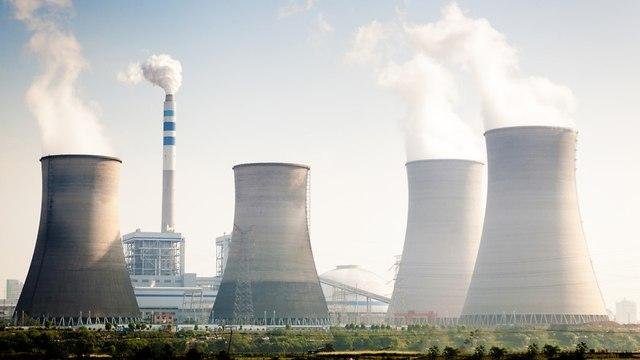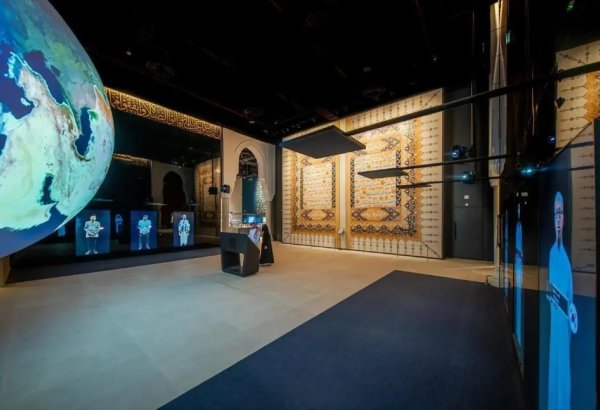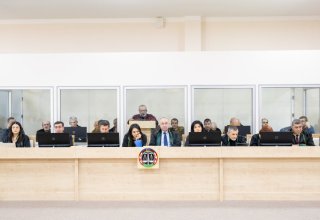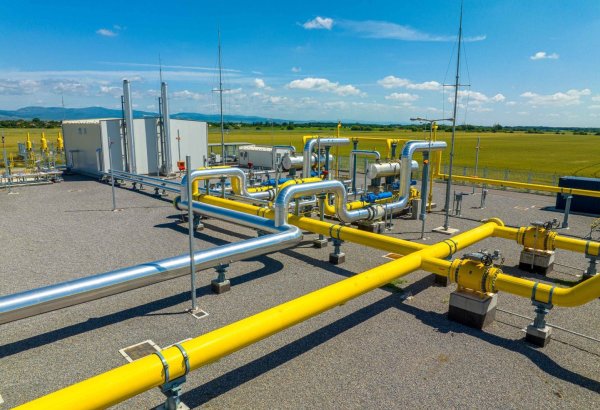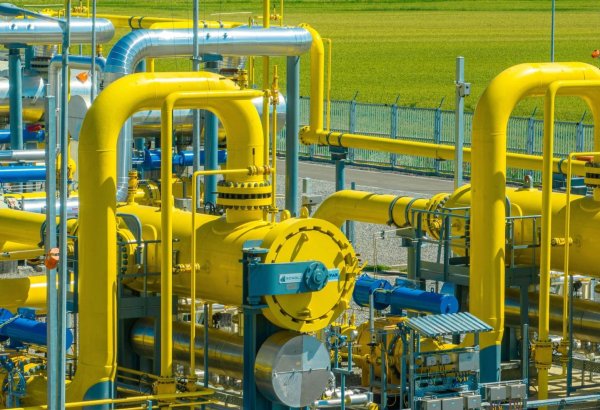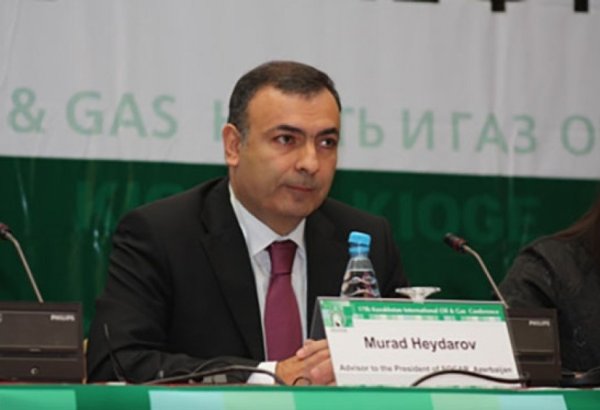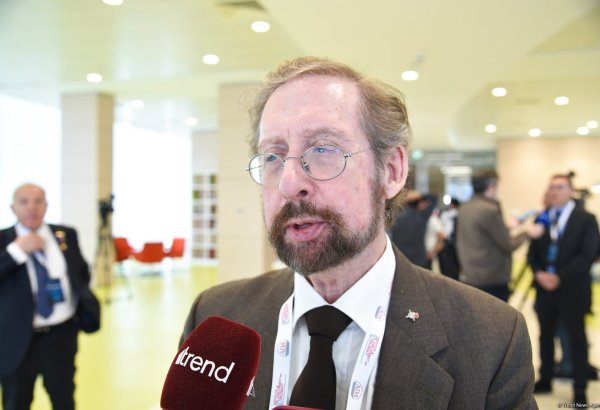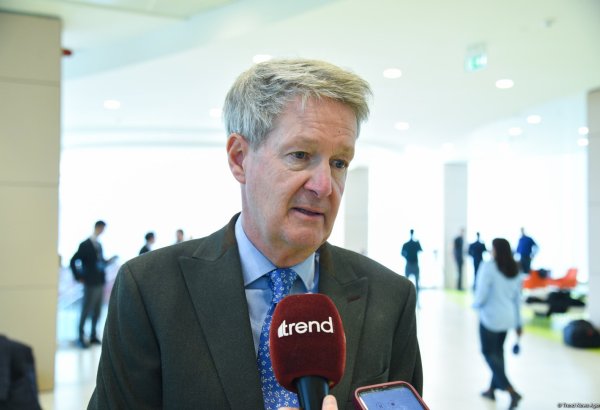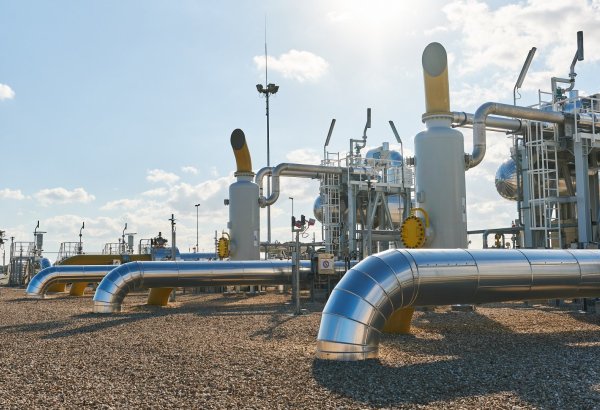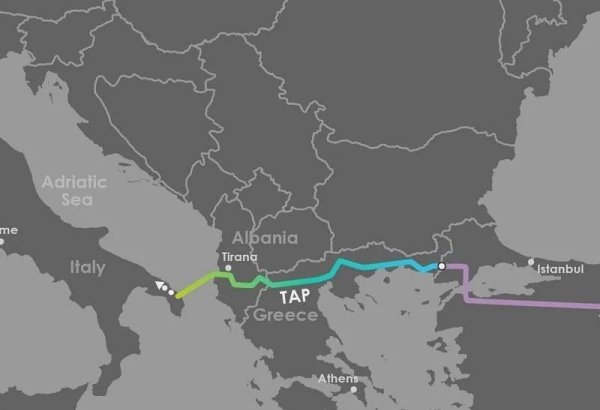BAKU, Azerbaijan, January 3. As a transnational energy infrastructure spanning multiple countries and diverse geographical terrains, the Trans Adriatic Pipeline (TAP) is fully committed to minimising its environmental impact along the pipeline route, actively protecting ecosystems, and supporting local communities, Luca Schieppati, TAP managing director, said in an exclusive interview with TurkicWorld.
"Our approach strictly adheres to environmental, social, and cultural heritage (ESCH) requirements, incorporating continuous monitoring, assessment, and management. Throughout TAP’s planning, design and construction phases, we collected extensive data on environmental and social sensitivities to guide our operations, mitigate risks, and integrate core principles of impact avoidance, mitigation and sustainability into our ESCH management system. The pipeline route and aboveground facilities’ locations were carefully selected to avoid ESCH sensitivities wherever possible. Our facilities comply with the host countries’ national standards, approved Environmental and Social Impact Assessments (ESIAs), European Union Directives, lenders’ and TAP’s governance requirements," he said.
Schieppati pointed out that TAP has established an integrated QHSE Management System, certified under ISO 9001, ISO 14001, ISO 45001 and the Eco-Management and Audit Scheme (EMAS) in Italy.
"These certifications ensure compliance with performance standards across quality, health, safety, environment, social, and cultural heritage areas. Additionally, this System includes an ESCH compliance and assurance framework to ensure all planned and performed works meet TAP’s standards in carbon management, waste control, pollution prevention, and air emissions monitoring, utilising various tools and processes for effective performance management and impact reduction.
Before pipeline and Above Ground Installations (AGI), TAP developed and implemented a robust biodiversity management framework to avoid biodiversity impacts. This framework identified sensitive biodiversity features and set specific mitigation and monitoring requirements based on mitigation hierarchy. TAP collaborated with international and local experts to conduct detailed environmental and social baseline surveys, supporting ESIAs in the three host countries," the managing director explained.
He went on to add that following reinstatement activities, TAP and its biodiversity advisors periodically reassess potential residual impacts to critical habitats and priority biodiversity features.
"Measures have included implementing seasonal work restrictions to reduce the impact on the lifecycle of specific fauna, minimising work areas within natural habitats, and translocating or monitoring sensitive flora to prevent adverse effects. For instance, in San Foca, Italy, TAP installed eco-friendly structures in the waters less than 50 meters deep to deter trawling as part of mitigation measures based on seabed analyses. These structures protect underwater flora and fauna, enhance marine biodiversity, and provide shelter to fish populations. Community support has been equally essential. Through our Social & Environmental Investments (SEI) programme, TAP has committed €32 million in Greece, €14 million in Albania, and €12 million in Italy, completing over 300 community-benefiting projects," Schieppati noted.
He said that in addition, the TAP Livelihood Restoration and Livelihood Assistance and Transitional Support Programmes aim to promote the restoration and enhancement of agricultural productivity on affected lands.
"These programmes support households affected by permanent land acquisition in acquiring replacement land, if desired, ensure the growers of deep-rooted perennial crops impacted by easement restrictions are not worse off than before, and assist landholders in accessing TAP-related compensation. They also include implementing a Vulnerable Household Support Programme.
TAP minimised construction impacts by restoring land, compensating landowners, and improving infrastructure, such as rehabilitating 58 km of roads in Albania, benefitting over 200,000 people. We also created jobs in our host countries and maintain a permanent workforce, contributing to Greece, Albania, and Italy, thus boosting their economies and supporting future investment," he added.
The Trans Adriatic Pipeline operates a natural gas transportation infrastructure from the Greek border with Türkiye to Southern Italy, enabling interested parties to market gas to several European countries.
TAP provides a direct and cost-effective transportation route as part of the Southern Gas Corridor, a 3,500 kilometre gas value chain stretching from the Caspian Sea to Europe.








